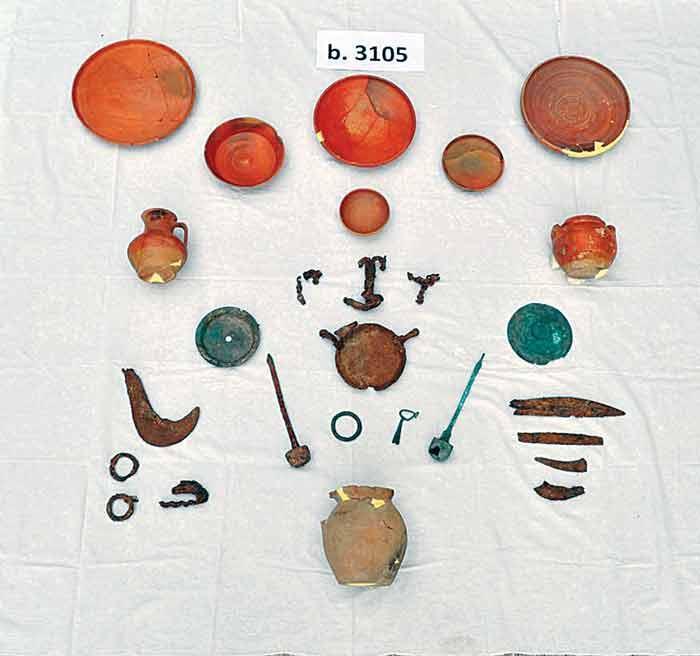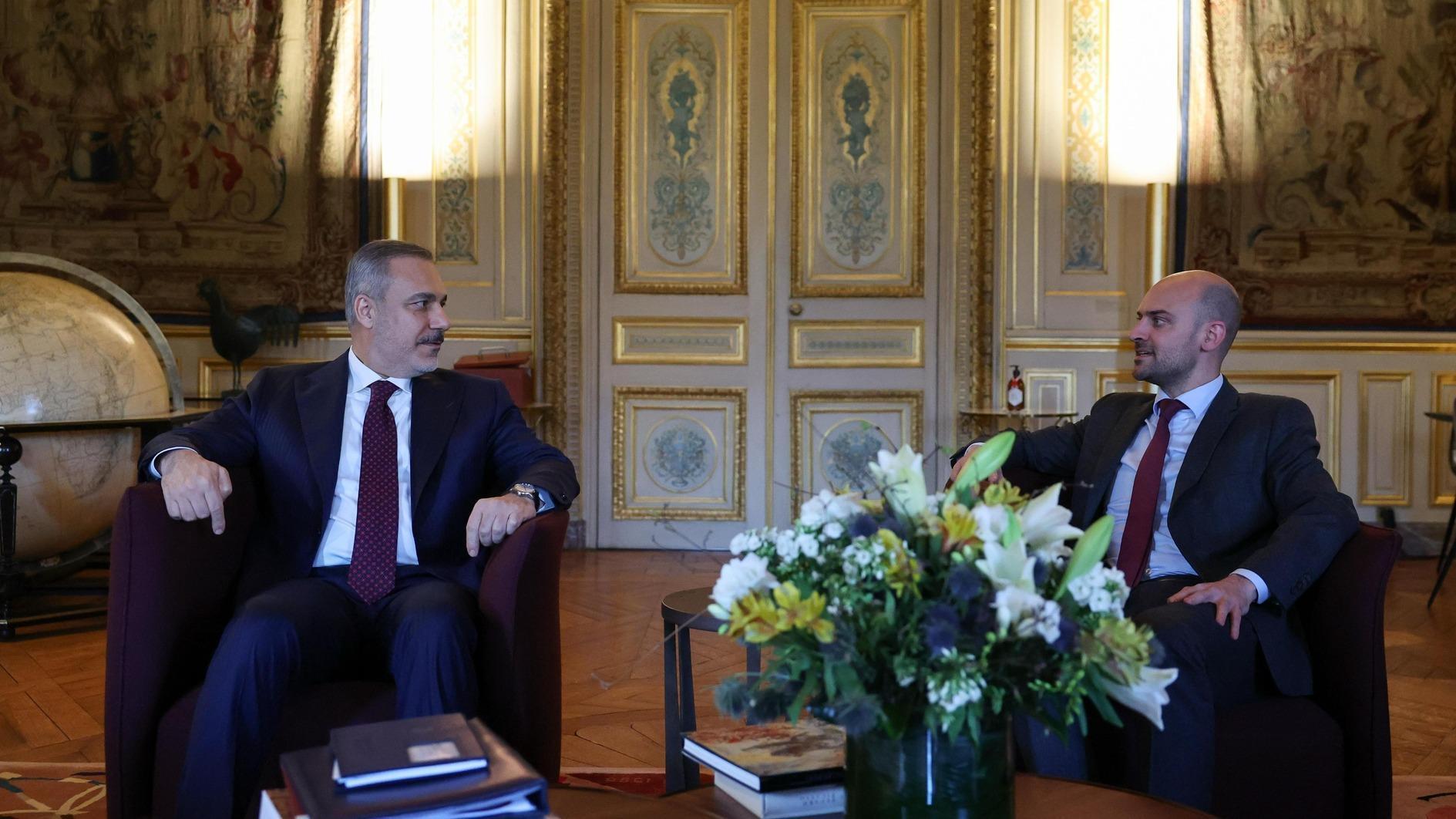Excavations ‘could change religious history of Anatolia’
AMASYA

Persian settlement unearthed in the northern province of Amasya will change the religious history of Anatolia, according to Istanbul University Archaeology Professor Şevket Dönmez, who has spent many years leading excavations at the Oluz Mound where the find was made.
Speaking to state-run Anadolu Agency, Dönmez said they discovered the mound in 1999 during a surface survey and excavations have been ongoing since 2007.
Dönmez said that they had recently finished the 11th season of excavations and so far have delivered 1,030 artifacts from the Persian-era settlement to the museum.
“We have also unearthed important cultural layers and cities. We have made some very important discoveries during these excavations. They are important enough to change the religious history in Anatolia,” he added, noting that the settlement dates back to the 5th century B.C.
“We have found a temple complex never previously seen in Anatolian archaeology. The temple is really original and provides information about the people who revered the element of fire, which is early Zoroastrianism. There is a holy room inside where fires were lit. There are also other rooms. Most importantly, we unearthed objects that were used in the temple,” Dönmez said.
Some of the findings date back as far as 2,000 years before the emergence of Christianity.
“The settlement shows that Anatolia was one of the holy geographies of Zoroastrianism, the sacred scripture of which is Avesta,” Dönmez said.
While Zoroastrianism originated in Iran, the excavations in Amasya show that the religion also had a presence in Anatolia.
“The Oluz Mound is the only such settlement discovered on Anatolian soil. We know there was a lake here. The Ancient Persians loved living ecosystems and established parks and they carried their fire culture from Amasya to other places. We discovered this fact. Maybe we will restore the fire temple. We are working on it,” Dönmez said.
He stressed that the latest findings are “just the beginning,” saying that if they continue to work on the site they could unearth the entire temple.
“We could publicly announce it in publications and organize visits. It would be a big move for the Central Black Sea region,” Dönmez said.
Founded by the Prophet Zoroaster in ancient Iran approximately 3,500 years ago, Zoroastrianism is one of the world’s oldest monotheistic religions.
The official religion of Persia from 600 BCE to 650 CE, it used to be one of the most powerful religions in the world, but is now one of the smallest, with probably less than 190,000 followers worldwide, according to a 2006 report by the New York Times.
















